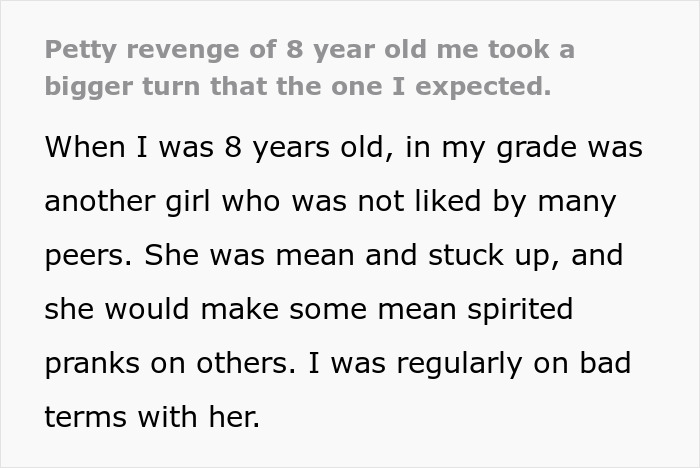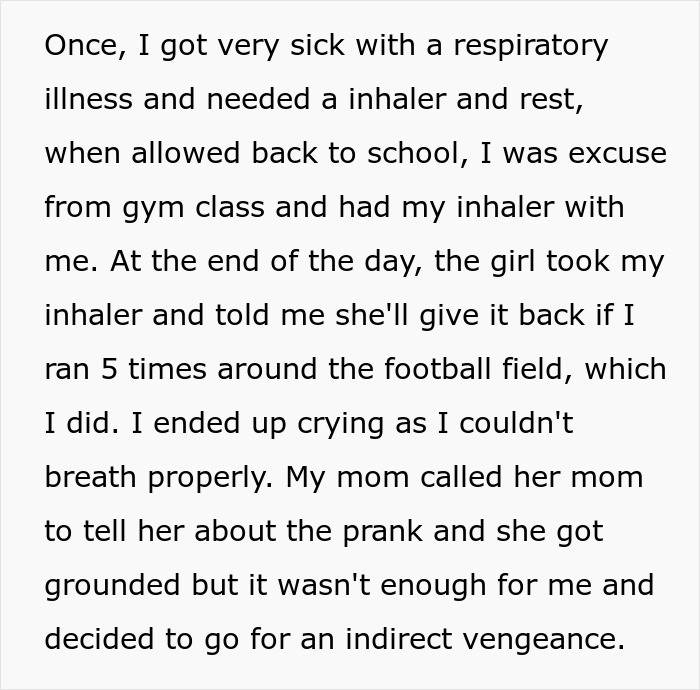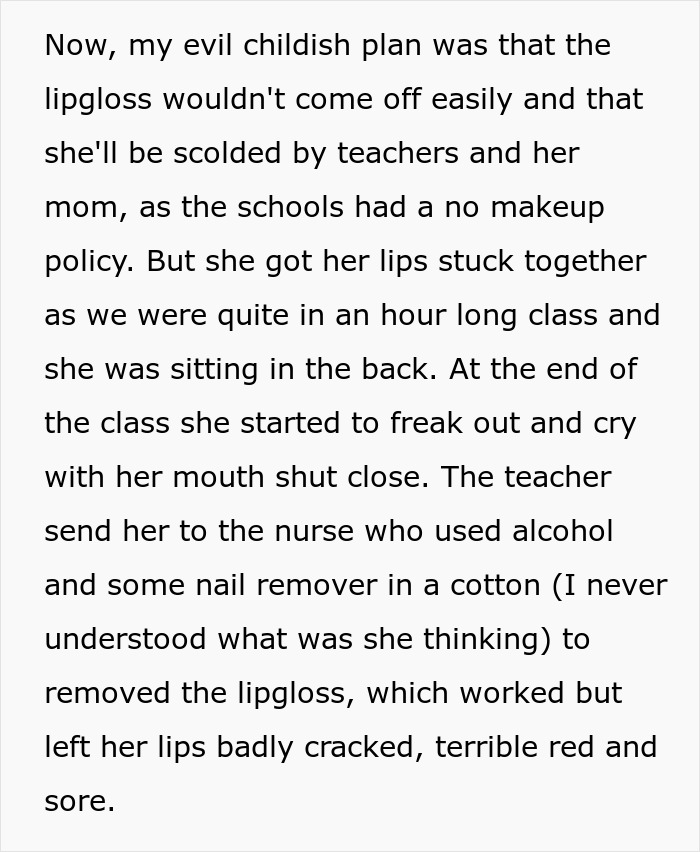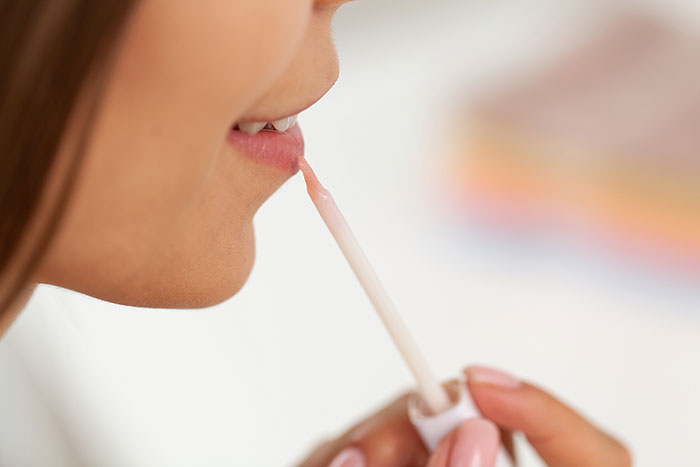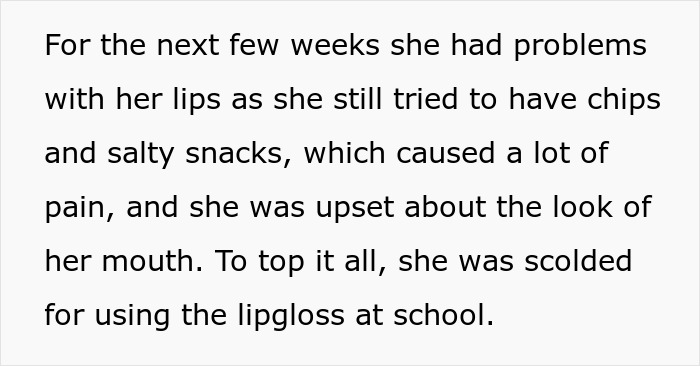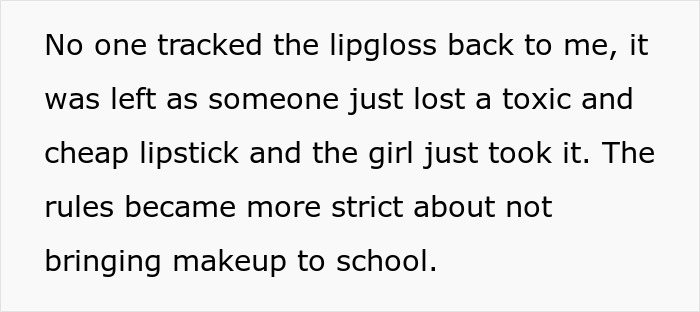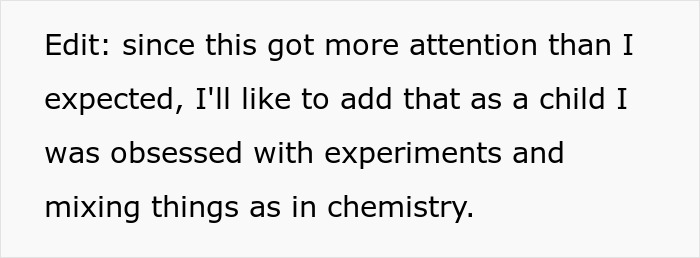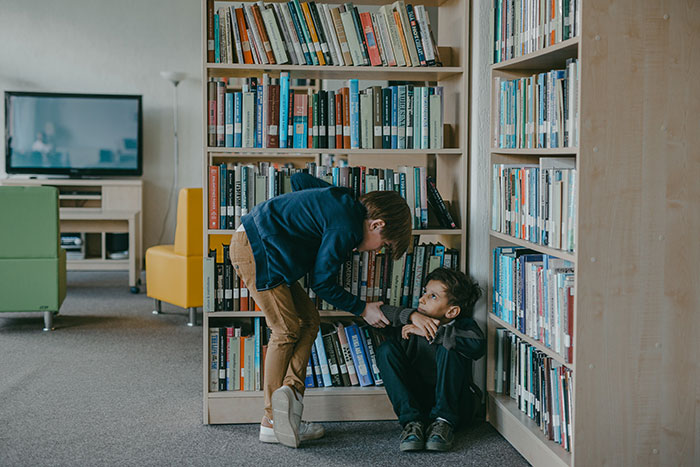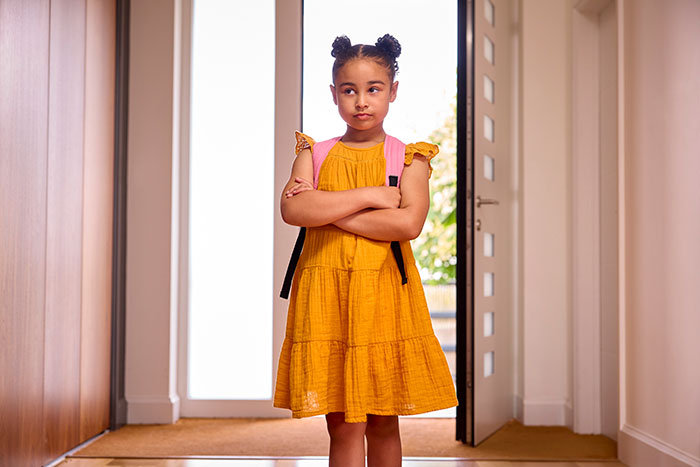“I Thought Her Lips Were Gonna Be Ripped Off”: 8 Y.O.’s Prank On Her Bully Takes Unexpected Turn
Getting revenge on your bully – how many of us haven’t dreamt of that, even years after school? Retribution is our knee-jerk response after someone makes fun of us or humiliates us publicly. Experts recommend not engaging with bullies and say it’s better to walk away from the situation or tell an adult. However, life is not always ideal, and sometimes kids decide to take matters into their own hands.
This is what the OP of this story did. After a mean classmate humiliated her because of her inhaler, the then 8-year-old Redditor decided a punishment from adults wasn’t enough. She came up with her revenge involving a DIYed mixture of lip gloss.
Oftentimes, kids have to learn how to deal with bullies by themselves
Image credits: monkeybusiness (not the actual photo)
This 8-year-old concocted a revenge plan that involved lip gloss mixed with nail polish and glue
Image credits: maksymiv (not the actual photo)
The OP added more info after people started asking questions
Image credits: u/ani24cl
She also gave more details in the comments
How can children and parents deal with bullying?
Image credits: Mikhail Nilov (not the actual photo)
While it might be super satisfying to see stories of people getting back at their tormentors, it’s important to remember that bullying is a real problem. The statistics in the US are nothing to be happy about. Around 20% of students aged 12-18 reportedly experience bullying.
So, the OP’s situation is nothing unusual in that regard. However, it does make one think about what the proper way to deal with a bully is. Many children might think that there are only two options: tell an adult or get revenge on the bully themselves.
However, there are some other ways kids can deal with harassment and bullying. Children with disabilities or illnesses, just like the OP, can often become victims of bullying. Others see them as weak, making them the ideal target for bullies.
Contact, a charity for families with disabled children, has some suggestions on what the children and parents could do to address this problem. One of them is mentoring. That’s when older students become ‘buddies’ for the younger kids.
Sometimes they’re also called ‘playground pals.’ Bullied kids might find it easier to open up to someone closer to their own age. And the older kids can teach them that bullying is not acceptable.
Another strategy can be restorative justice. These sit-downs include all the children who took part in the incident. This method assumes that children who bully can change their behavior by working together.
Punishments for bullies don’t work. Why?
Image credits: cottonbro studio (not the actual photo)
The OP describes how her bully’s parents grounded her after the first incident. However, social scientists claim that punishments such as suspension from school do very little to curb bullying behavior. It does teach them that such behavior is wrong but doesn’t communicate how they should improve.
Stuart Ablon, Ph.D., founder of Think:Kids, writes that punishment is like bullying the bully. “Yes, bullies would like to avoid detention and suspension, and they would if they could. But detention and suspension don’t teach skills; the bully returns with no more skills than she had when she left, and so cannot behave any differently.”
What is effective, then? Researchers say that preventative measures and early intervention might be the key. One such program is the Positive Behavioral Interventions and Supports (PBIS). It uses such tactics as school-wide training and individualized interventions.
Some states in the US have implemented policies to address the underlying issues of bullying. Nevada, for example, updated its anti-bullying law in 2015. Now, social workers help address bullying behavior by helping students build social skills and empathy.
The aim of these strategies is for the kids to develop empathy and concern for others. Signe Whitson, L.S.W., and the co-author of The Angry Smile: The Psychology of Passive Aggressive Behavior in Families, Schools, and Workplaces, writes that teaching social skills needs to be part of the school-wide curriculum.
Emphasis should be on “emotion management, building empathy and kindness, problem-solving, assertive expression, and forming positive friendships.”
See people’s reactions and praises below
[ad_2]
Getting revenge on your bully – how many of us haven’t dreamt of that, even years after school? Retribution is our knee-jerk response after someone makes fun of us or humiliates us publicly. Experts recommend not engaging with bullies and say it’s better to walk away from the situation or tell an adult. However, life is not always ideal, and sometimes kids decide to take matters into their own hands.
This is what the OP of this story did. After a mean classmate humiliated her because of her inhaler, the then 8-year-old Redditor decided a punishment from adults wasn’t enough. She came up with her revenge involving a DIYed mixture of lip gloss.
Oftentimes, kids have to learn how to deal with bullies by themselves
Image credits: monkeybusiness (not the actual photo)
This 8-year-old concocted a revenge plan that involved lip gloss mixed with nail polish and glue
Image credits: maksymiv (not the actual photo)
The OP added more info after people started asking questions
Image credits: u/ani24cl
She also gave more details in the comments
How can children and parents deal with bullying?
Image credits: Mikhail Nilov (not the actual photo)
While it might be super satisfying to see stories of people getting back at their tormentors, it’s important to remember that bullying is a real problem. The statistics in the US are nothing to be happy about. Around 20% of students aged 12-18 reportedly experience bullying.
So, the OP’s situation is nothing unusual in that regard. However, it does make one think about what the proper way to deal with a bully is. Many children might think that there are only two options: tell an adult or get revenge on the bully themselves.
However, there are some other ways kids can deal with harassment and bullying. Children with disabilities or illnesses, just like the OP, can often become victims of bullying. Others see them as weak, making them the ideal target for bullies.
Contact, a charity for families with disabled children, has some suggestions on what the children and parents could do to address this problem. One of them is mentoring. That’s when older students become ‘buddies’ for the younger kids.
Sometimes they’re also called ‘playground pals.’ Bullied kids might find it easier to open up to someone closer to their own age. And the older kids can teach them that bullying is not acceptable.
Another strategy can be restorative justice. These sit-downs include all the children who took part in the incident. This method assumes that children who bully can change their behavior by working together.
Punishments for bullies don’t work. Why?
Image credits: cottonbro studio (not the actual photo)
The OP describes how her bully’s parents grounded her after the first incident. However, social scientists claim that punishments such as suspension from school do very little to curb bullying behavior. It does teach them that such behavior is wrong but doesn’t communicate how they should improve.
Stuart Ablon, Ph.D., founder of Think:Kids, writes that punishment is like bullying the bully. “Yes, bullies would like to avoid detention and suspension, and they would if they could. But detention and suspension don’t teach skills; the bully returns with no more skills than she had when she left, and so cannot behave any differently.”
What is effective, then? Researchers say that preventative measures and early intervention might be the key. One such program is the Positive Behavioral Interventions and Supports (PBIS). It uses such tactics as school-wide training and individualized interventions.
Some states in the US have implemented policies to address the underlying issues of bullying. Nevada, for example, updated its anti-bullying law in 2015. Now, social workers help address bullying behavior by helping students build social skills and empathy.
The aim of these strategies is for the kids to develop empathy and concern for others. Signe Whitson, L.S.W., and the co-author of The Angry Smile: The Psychology of Passive Aggressive Behavior in Families, Schools, and Workplaces, writes that teaching social skills needs to be part of the school-wide curriculum.
Emphasis should be on “emotion management, building empathy and kindness, problem-solving, assertive expression, and forming positive friendships.”
See people’s reactions and praises below
Read original article here

